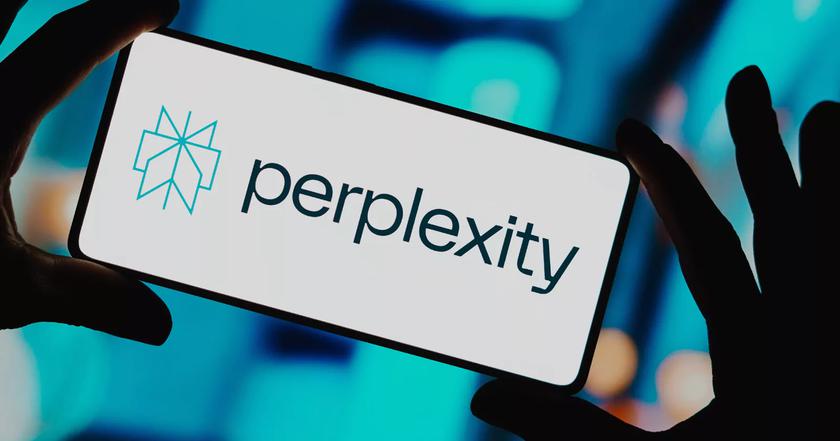Perplexity, an artificial intelligence startup, made a $34.5 billion offer on Tuesday to buy Google’s Chrome browser to challenge the tech giant’s hegemony in web searches.
Although that sum exceeds Perplexity’s present valuation, the business reported that several investors have committed to supporting the transaction. In July, as part of an extension that valued the company at $14 billion months prior, Perplexity was valued at $18 billion.
Competition for dominance in generative AI
The most well-known feature of Perplexity is its AI-powered search engine, which provides users with straightforward answers to queries along with links to original online sources. Last month, it released Comet, an AI-powered browser.
The startup is competing for dominance in generative AI, with firms like Meta and OpenAI paying top engineers enormous salaries and signing bonuses.
Megacap tech companies spend tens of billions of dollars annually on AI infrastructure to build large language models and handle heavy workloads.
Meanwhile, startups are raising billions of dollars from tech giants, hedge funds, and venture investors to pay for the necessary hardware and personnel.
Earlier this year, Meta approached Perplexity about a possible acquisition, but the two businesses could not agree.
Perplexity takes advantage of Google Chrome’s antitrust lawsuit lost
Following the U.S. Department of Justice’s proposal to divest Google Chrome as part of the antitrust lawsuit the company lost last year, Perplexity made its bid.
According to the judge in the case, Google has an unlawful monopoly in its primary market of internet searches.
Google retorted that the DOJ’s proposal was “wildly overbroad” and that the agency was pursuing “a radical interventionist agenda.” The company has yet to reveal how it intends to change its operations after the antitrust decision.
Attempts to break Google Chrome’s monopoly
Google launched Chrome in 2008 and uses the data it receives from the browser to target ads. After the court’s ruling, the DOJ stated in a filing that requiring the company to discontinue Chrome would level the playing field for search rivals.
“To remedy these harms, the [Initial Proposed Final Judgment] requires Google to divest Chrome, which will permanently stop Google’s control of this critical search access point and allow rival search engines the ability to access the browser that for many users is a gateway to the internet,” the DOJ wrote.
Perplexity’s previous attempt to acquire Google Chrome
Perplexity has previously made a significant move with its bid for Chrome.
In January, the startup proposed a merger with TikTok, a short-form video app. Since Congress passed a bill in 2024 that would have banned TikTok unless its Chinese owner, ByteDance, sold the platform, the platform’s future in the United States has been in doubt.
Perplexity’s suggested framework for a TikTok agreement has not yet been finalised as of August.











